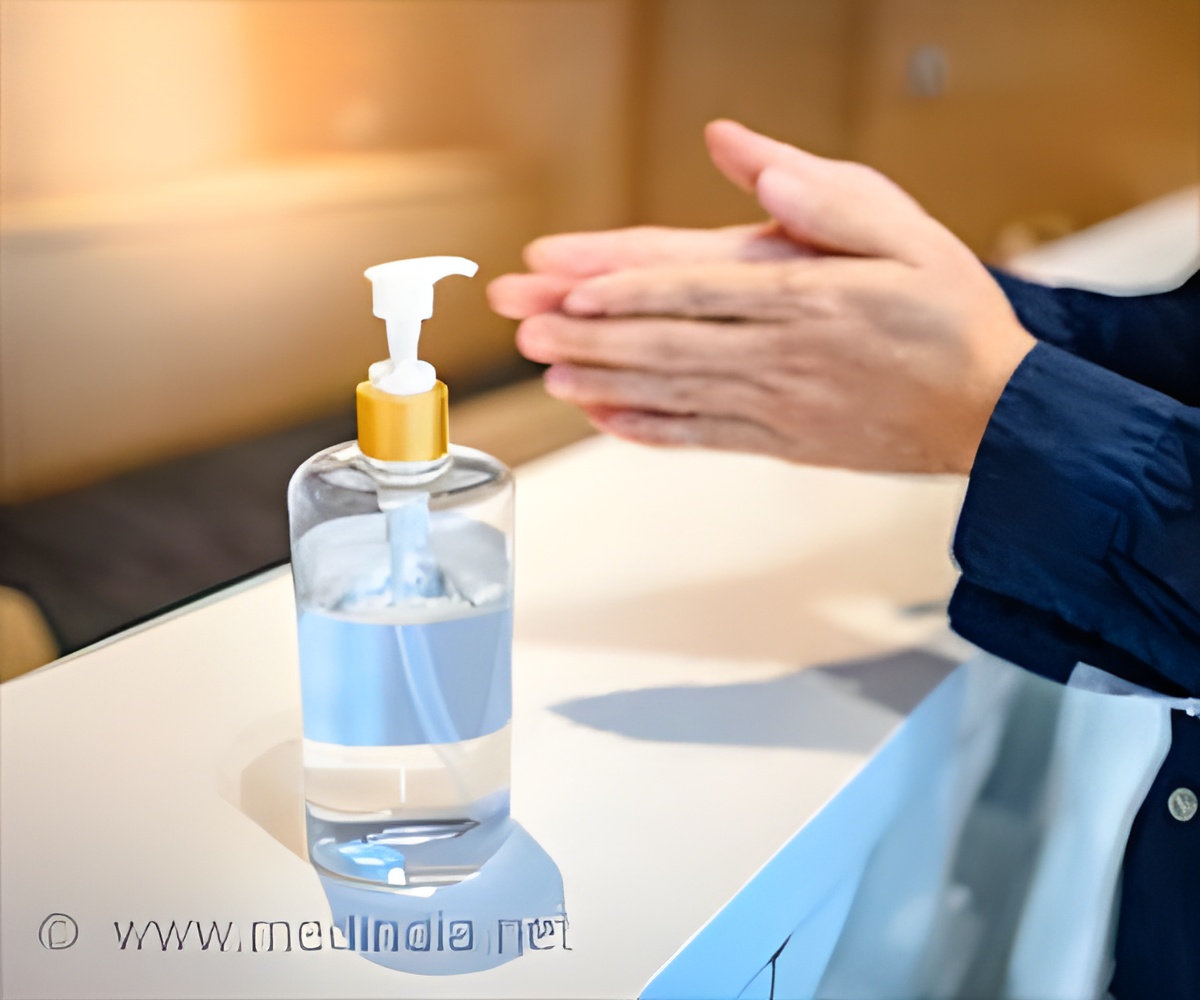The general public are usually unaware that substandard hand sanitizers cannot ensure disinfection and are not fit for use amid the pandemic. New research described the extent of problem.

‘Awareness campaigns should be arranged to educate the public on how to differentiate between products that are fit for general hygiene and cleansing and those that are not fit for coronavirus infection control.’
Read More..




Awareness campaignsRead More..
The authors - including the UK's Dr Hamid Merchant, who is Subject Leader in Pharmacy at the University of Huddersfield - set out ways to minimise the risks.
They discourage the public from buying hand sanitiser from unknown or unreliable e-commerce sites.
They also state that pharmacists and retailers should advise customers over the selection of appropriate products for CoViD-19 infection control, and there should be awareness campaigns to educate the public on how to differentiate between products that are fit for general hygiene and cleansing and those that are not fit for coronavirus infection control.
The experts also urge regulatory bodies to revisit their current rules on hand sanitizers.
Advertisement
The authors chart the massive spike in demand for hand sanitizers around the world, as purchasers stocked up their "pandemic pantries". This led to stocks rapidly vanishing from the shelves, with even hospitals and other healthcare facilities running out.
Advertisement
They investigate the scientific basis for hand cleansing and analyse when washing with soap and water - which can remove virtually all types of pathogens - is preferable to using alcohol based hand-rubs (ABHR), which are less effective when hands are extremely greasy or dirty.
"However, handwashing facilities are not readily available at work or public places. Moreover, in instances where hand sanitization is needed more frequently, such as during frequent contact with individuals or products, the ABHRs are the most effective and convenient infection preventive measure," states the article.
But the authors add that it is important to emphasize that ABHRs only work when used correctly.
"Considering that not all ABHR formulations are the same, appropriate labelling is important to clearly state the alcohol concentration and instructions to direct the correct dose/amount needed to achieve an adequate sanitization. The choice of container, closure and dispenser is also vital in dispensing the correct amount of the sanitizer on each use."
Substandard products
Substandard products are available in certain markets. If the alcohol content is not high enough, the risk for consumers is "mainly a reduced perception of product quality and attractiveness, and reduced ease of use; while overall product efficacy is maintained". Many products in the market do not seem to comply with alcohol type and concentrations recommended by the World Health Organisation.
But much more worrying is the market presence of "hand cleaners containing substandard and/or unknown concentrations of alcohol that are not meant to be sold or used as disinfectants".
The article includes detailed scientific data on the types and proportions of alcohol used in ABHRs and the added substances that are used to combat excessive skin dryness and to increase the viscosity of gels, because purely liquid formulations can be far less effective due to rapid evaporation of alcohol. Dr Merchant suggested that a standardized pharmacopoeial monograph with tightly-controlled specification may be a way forward.
There are also charts and descriptions that provide detailed instructions for the production of effective alcohol-based sanitisers. This will aid pharmacists and also manufacturers in fields such as brewing and perfume who have switched to making ABHRs, in response to the surge in demand.
Most of the analytical research for the article was carried out in Italy by Professor Marco Cespi's team. The University of Huddersfield's Dr Hamid Merchant was invited to help with the project by one of the article's authors, the Italian scientist Dr Alberto Berardi, now based at the Faculty of Pharmacy of the Applied Science Private University in Amman, Jordan, with which the University of Huddersfield's Department of Pharmacy has recently formed a special collaboration.
Source-Eurekalert







